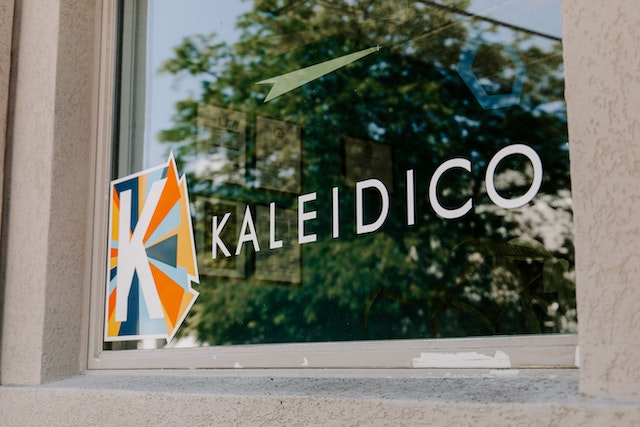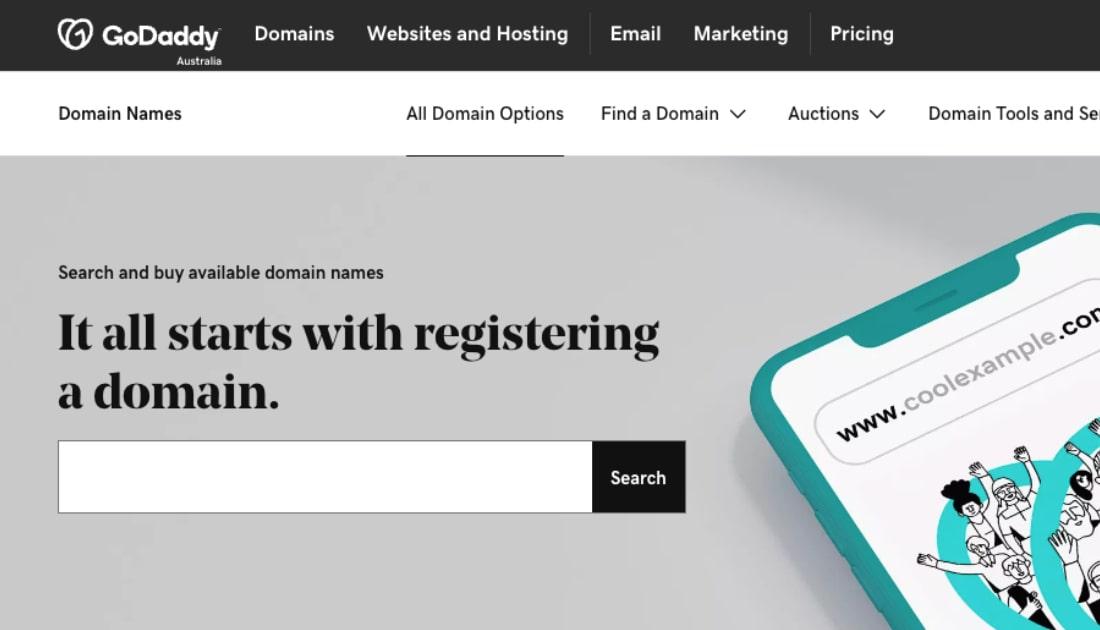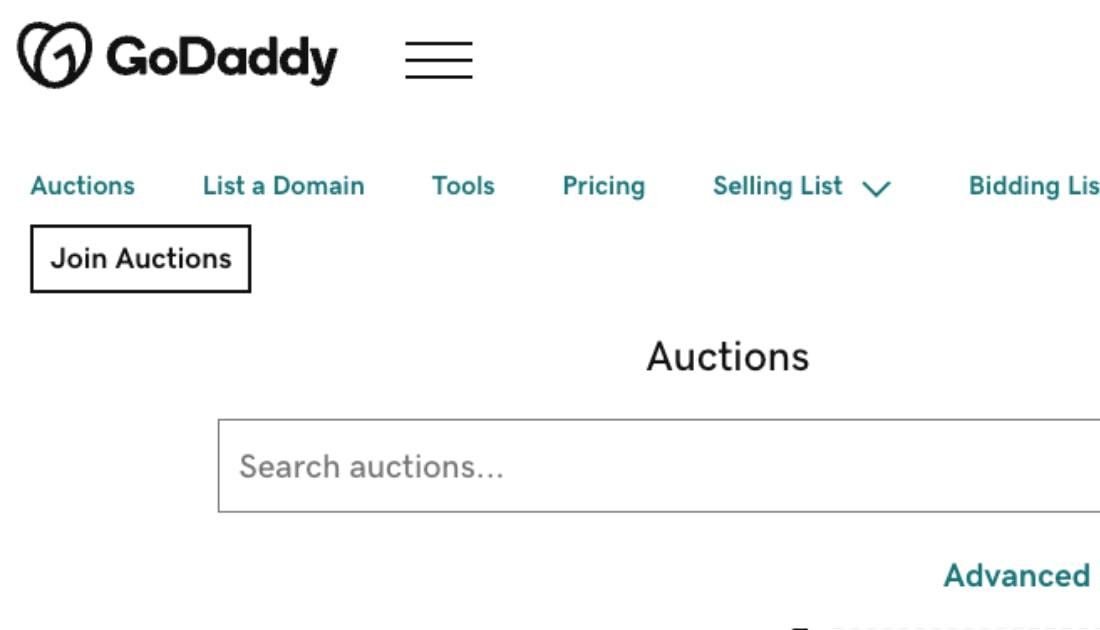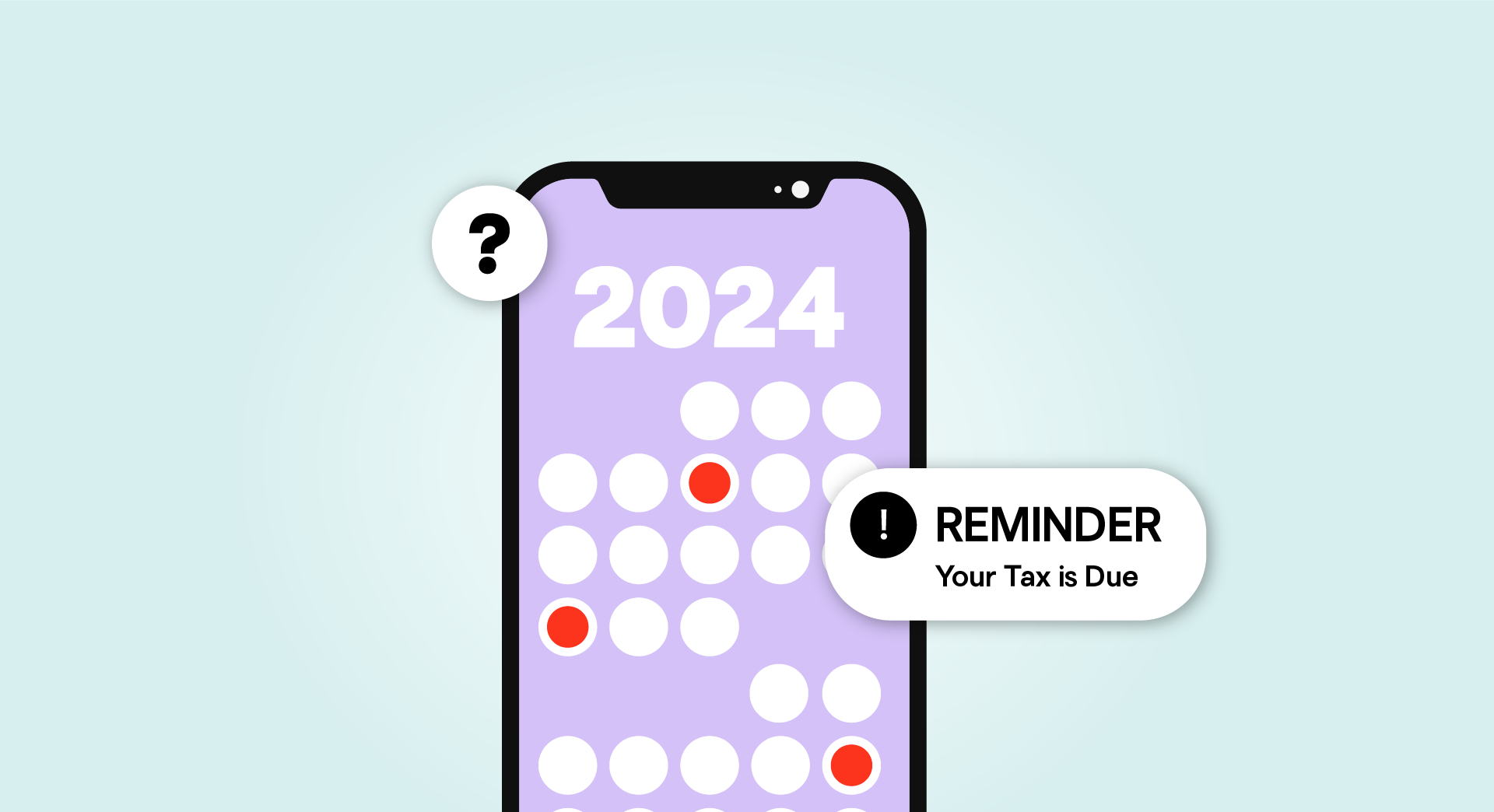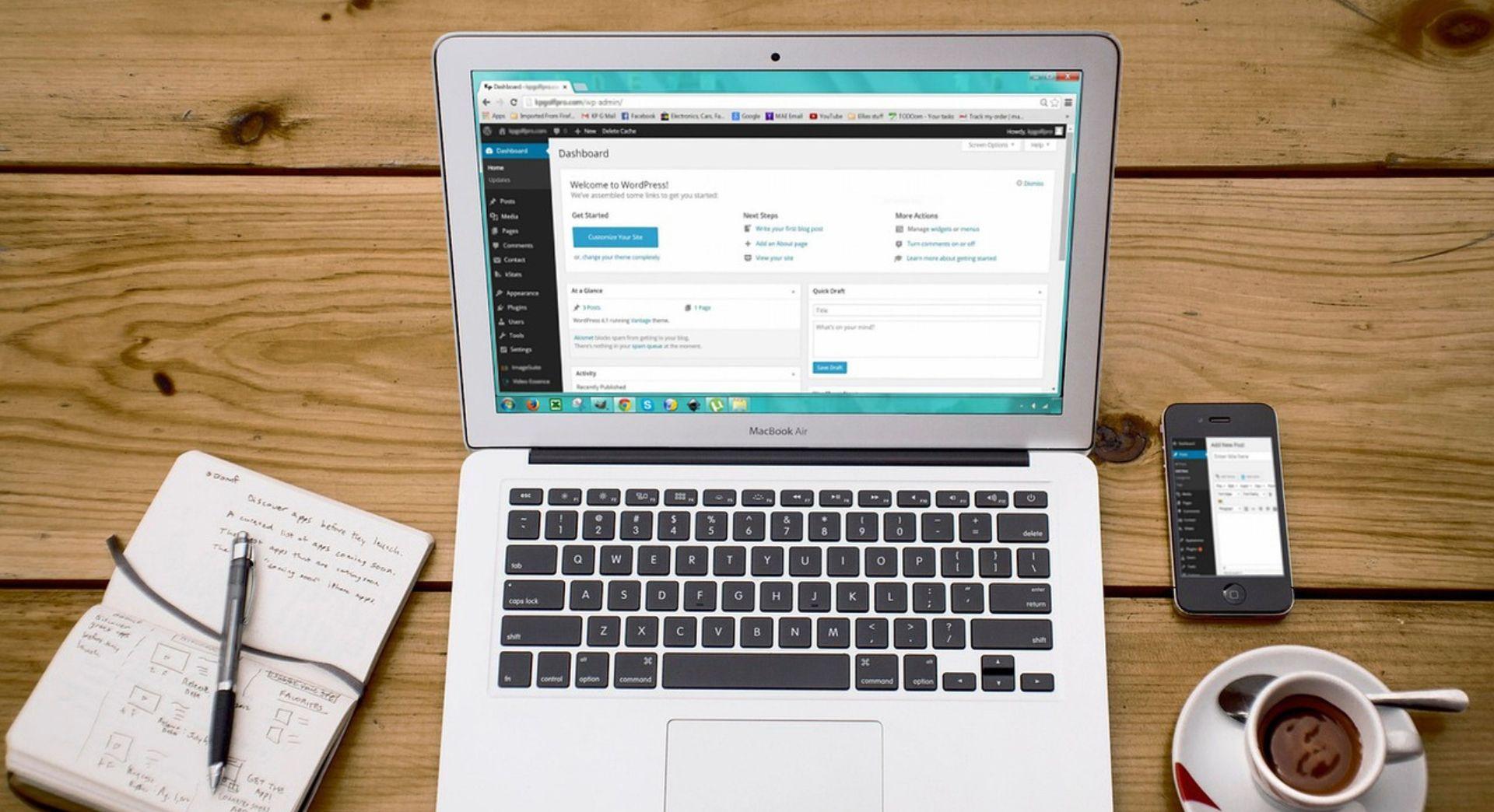If someone else has already registered the domain name you want, that doesn’t necessarily mean you’re out of luck. There are ways to track down the domain owner so you can ask if they’d like to sell the domain to you.

Domain names aren't free, although there are ways to claim a free domain. Generally, you need to pay for them via a domain name registrar such as GoDaddy. As long as a domain name is registered in your name, no one else may use it for any purpose.
Related: How to name a business
1. Finding a domain owner

Photo: Alejandro Luengo on Unsplash
The first step when tracking down who owns a domain is to look up that domain name using the WhoIs database. It's simple — all you need to do is copy and paste the web address and hit Search. You might need to tick a reCAPTCHA box to prove that you're a real person and not a bot.
WhoIs search results spit out a whole lot of interesting information, which can vary slightly depending on where the owner registered the domain name and whether they've paid extra for a private listing.
Registrar name and Registrant Contact Name
The "Registrar Name" tells you which domain name registrar the domain owner used to purchase the domain name, while the "Registrant Contact Name" is the name of whoever owns the domain name.
If it is owned for personal use, or by a small business, the contact name might be the name of an actual person.
If it's owned by a larger organisation then the contact name is more likely to be the name of that business or a position description within that business as such "Admin Contact."
Registrant and Registrant ID
Under "Registrant" you might also find the name of a person or business, while "Registrant ID" should include an ABN for .com.au domains, which will help you track down the owner. WhoIs search results for non-Australian domain names can be less helpful when it comes to identifying the domain owner.
Expiry date
You might also see a "Registry Expiry Date" which tells you when the owner's registration expires and the domain name goes back on the open market. You might want to quietly keep an eye on a domain name that is due to expire, maybe using a backorder service to notify you if and when it’s available. If the domain is being used for an active website, then the owner will likely renew their registration before it expires.
Domain name registrations don’t automatically renew, so once you've got your perfect domain name, make sure you turn on auto-renew.
Otherwise, if you're not careful someone can wait for your registration to expire and then snatch it out from under you.
2. Making contact
If you've tracked down a domain owner and you're feeling confident in your ability to negotiate a sale, then you might contact them directly. If they're not doing much with it, they might be looking to sell.
Or you can enlist the services of a domain broker such as GoDaddy’s.
There are a few advantages to using a domain broker.
- Firstly, a broker is likely to have more luck in tracking down a hard-to-find domain owner and making contact through their domain name registrar.
- Secondly, the domain owner is more likely to respond to a request from a broker rather than an individual interested in striking a deal.
- Thirdly, the broker will protect your privacy and ensure you remain anonymous so the domain owner won’t know your identity. This is handy if you don't want to tip off the owner as to who you are and why you want the domain name, as they might be tempted to jack up the price.
Finally, the broker will negotiate a price within your budget and oversee the sales transaction to ensure all the paperwork is in order while offering you a secure way to pay.
Related: Creative business names and how to find yours
3. Striking a deal

Domain brokers tend to charge an initial non-refundable service fee, which you pay upfront to start the process of tracking down the owner. There's no guarantee that they'll be able to make contact with the owner or strike a deal but, if the sale goes through, you'll also pay a percentage of the sale price as a buyer broker fee.
There's no fixed price when buying and selling domain names.
Short, snappy, memorable and easy-to-spell domain names tend to cost more than the average cheaper domain name because they are more likely to get web traffic. You could be up for hundreds or even thousands of dollars for an attractive domain name.
The value of a good web address
Choosing the right domain name for your business is crucial, as it helps potential customers find you online and tells the world what your business is all about.
Of course someone else might have already had the same great idea and grabbed your perfect domain name first. You might consider using a similar name, perhaps with a different domain extension such as .net, .org or one of the hundreds of others available (including .melbourne and .sydney). You can see the complete list of new extensions here.
But if your heart is set on that exact domain name, just follow the steps listed above to try getting it for your own use. If you can convince the domain owner to sell the domain you want and it's registered with a different company, you can transfer it over to GoDaddy.
Don’t give up — check with the domain owner
If someone else has staked a claim on your dream domain name, all is not lost. Looking up their details in the WhoIs database and/or enlisting the help of a domain broker can help you strike a deal. Exchanges like this take place every day, so give it a try!

